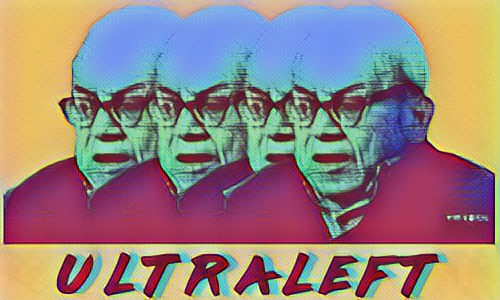Gandhian Politics of Spirit
Gandhi was a brilliant creator of new values as the artist-tyrant, philosopher-warrior of nonviolence. He achieved victories against much more powerful opponents by combining a courageous willingness to suffer and even to die with an equally resolute determination not to injure or kill.
Gandhi met in London a motley crew of devout Christians and ex-Christian pacifists, vegetarians, feminists and socialists. Ironically, Gandhi’s exploration of Christian ideals in London ultimately led him back to his Hindu roots. He insisted however upon equal respect of all the worlds major religions.
For Gandhi, the courage required for non violent resistance rests upon years of ascetic training in self-control, self purification and suffering. These practices of self-perfection were both an end in themselves and a means to cultivate courageous philosopher-warriors for social justice. Individual self-perfection lays the necessary foundation for healing the world. Gandhi most famously insisted that a person must first become the change he seeks in the world.
Gandhi coined a new word to describe this path, satyaghra, based on the Hindu word satya meaning “reality” or “truth.” Satyagraha means “firmness in pursuit of the truth;” Gandhi once explained it as they conquest of one’s adversary by suffering in one’s own person.’ The fruit of satyagraha is the courage of non-violent resistance, or ahimsa. Gandhi was convinced that virtually anyone was capable of this rigorous discipline: he aimed to democratize the ascetic ideal.
Gandhi asked how can true peace be created by violent people? By fighting with the sword of love and armor of truth, he created the basis for harmony with his former enemies. Our means become our ends: only peaceful means can lead to true peace. For Gandhi, non-violence was not only a policy but also an ethical creed.
Gandhi seeks a politics of love. This is a call for a Ghandian revolution that transforms the inner light of the individual to the outer world of political action. MLK called upon love in the civil rights era. A spiritual revolution of translating love into societal progression was behind the abolitionists’ ending of slavery, the suffragists’ winning women’s right to vote, and the gay liberationists’ push for marriage equality. This is a politics of love.




Comments
Post a Comment